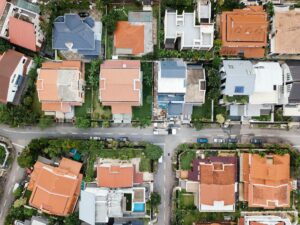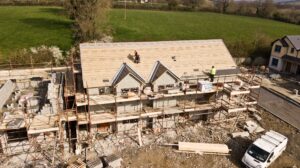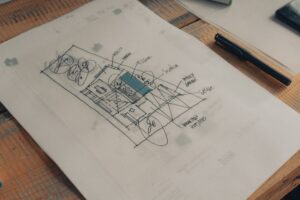
Everything You Need to Know about Commercial Building Inspectors
A commercial building is any structure that’s situated on commercial real estate. These buildings are commonly separated into categories like multi-family dwellings, office buildings, retail structures, and restaurants. The construction of a commercial building differs substantially when compared to the process of constructing a residential home. Likely the most significant difference between the two types of buildings is that commercial buildings require regular inspections throughout the development process.
Commercial building inspections are required at several stages during development to ensure that the building is being constructed in accordance with the building plans. It’s also common for commercial building inspections to be obtained before purchasing a property. The building inspector will focus on five core components of the building in question, which include the roofing, electrical systems, plumbing, HVAC system, and structural integrity.
When a professional inspector is hired to perform an inspection, they will first review any documentation associated with the building, which includes the building permit that was obtained before development began. This type of permit is necessary before construction begins and is oftentimes obtained whenever building renovations and remodels occur. If you need to order a commercial building inspection for any reason, this guide tells you everything you need to know about building inspectors and the issues they look for.
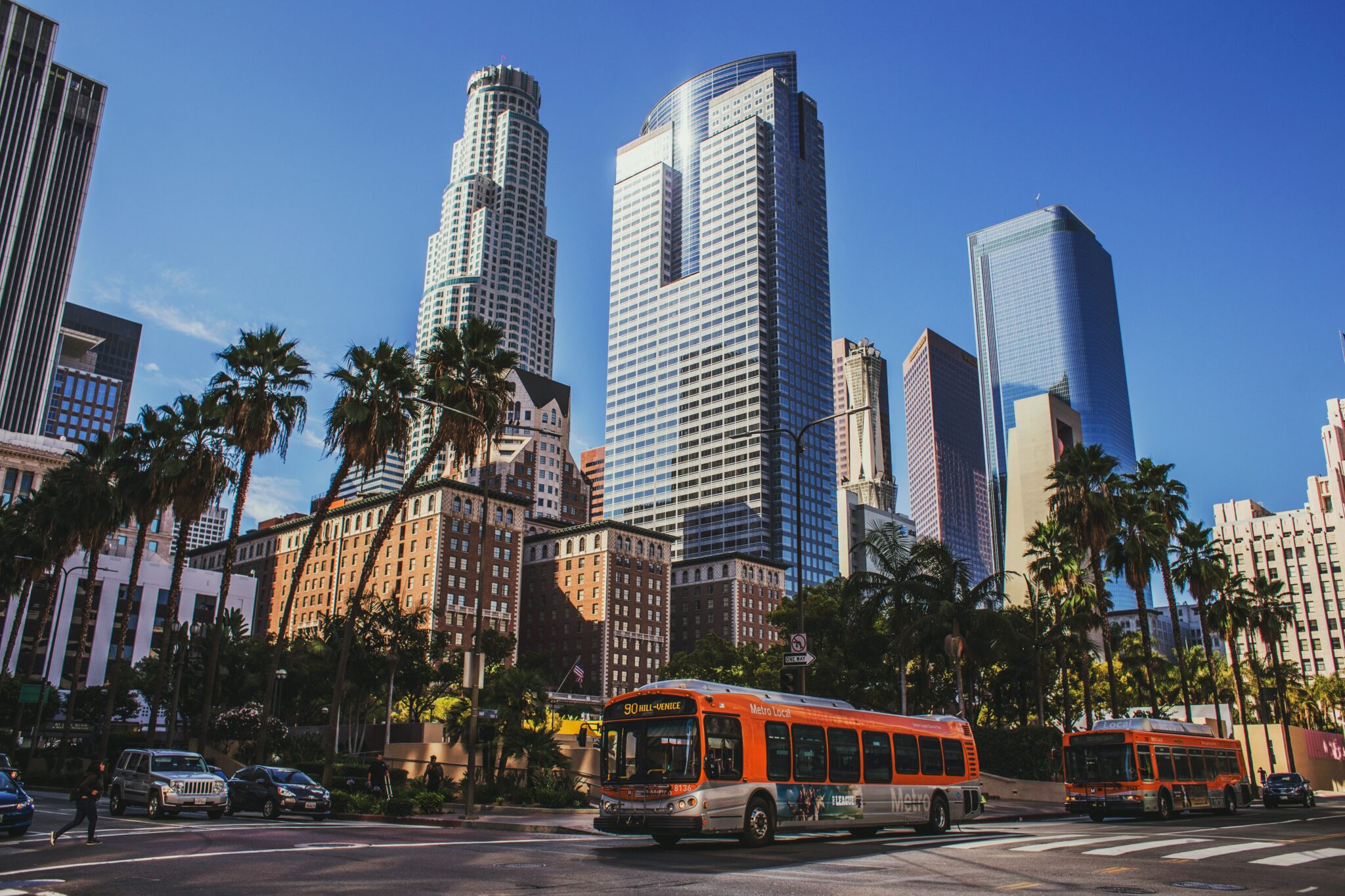
What Does a Commercial Building Inspector Look For?
When you hire a commercial building inspector, this individual will search for many different issues to determine the overall condition of a commercial building. Once the entire building has been thoroughly inspected, a comprehensive report is created that details any issues that were identified.
Five Primary Systems
The majority of commercial buildings are outfitted with five main systems, which include plumbing, air conditioning, heating, electrical, and mechanical systems. Each of these systems will be examined by the building inspector to make sure that they are functioning properly. In the event that one of these systems is malfunctioning or needs to be repaired, the inspector you’ve hired will include an accurate estimate of how much it will cost to repair or altogether replace the system.
Building Interior
The interiors of the commercial building will also be inspected. Building interiors are mainly inspected to make sure that the spaces adhere to local building codes. Hazards and safety-related risks will also be identified if they exist. During the inspection, the inspector that you’ve hired will check the building’s bathrooms, kitchen areas, walls, offices, and floors. If an aspect of the building’s interiors isn’t up to code, the inspector will likely suggest that renovations should be made in specific areas.
Building Exterior
It can take some time for the inspector to examine the building’s exterior. Along with the building’s outer walls, the inspection will also cover any landscaping, roofing, parking lots, and other structures on the property. The purpose of this type of inspection is to make sure that the building is structurally sound and will hold up for years to come.
If any exterior repairs are needed, the inspector you’ve hired will identify potential repair costs. Because of how complex a building’s exterior can be, the inspector may request opinions from building code inspectors and construction contractors to determine how healthy the building’s exterior is.
All Related Documentation
During the inspection process, the inspector will review a substantial amount of documentation, which includes practically every document pertaining to the development of the commercial building. The primary documents that a professional building inspector will look through include:
- Floor plans
- Surveys
- Maintenance records
- Building plans
- Appraisals
- Certificates of occupancy
- Citations
- Evacuation plans
- Building permits
- Fire safety system records
- Environmental studies
If the commercial building you own is being inspected, make sure that you’re able to produce all of these documents. The aforementioned records will help the inspector identify how much it costs to own the building, which will allow the investor or potential owner to better understand the value of the property.
All of the findings that are gathered by a commercial building inspector will be included in a property condition report. Along with written statements of the observations that the inspector had during the inspection, photographs will also be included for additional detail and clarification.
This report should contain recommendations that the inspector has about how to perform repairs or obtain a followup inspection after repairs are made. A detailed cost estimate will be incorporated into the report to make it easier for you to budget how much repairs and replacements will cost.
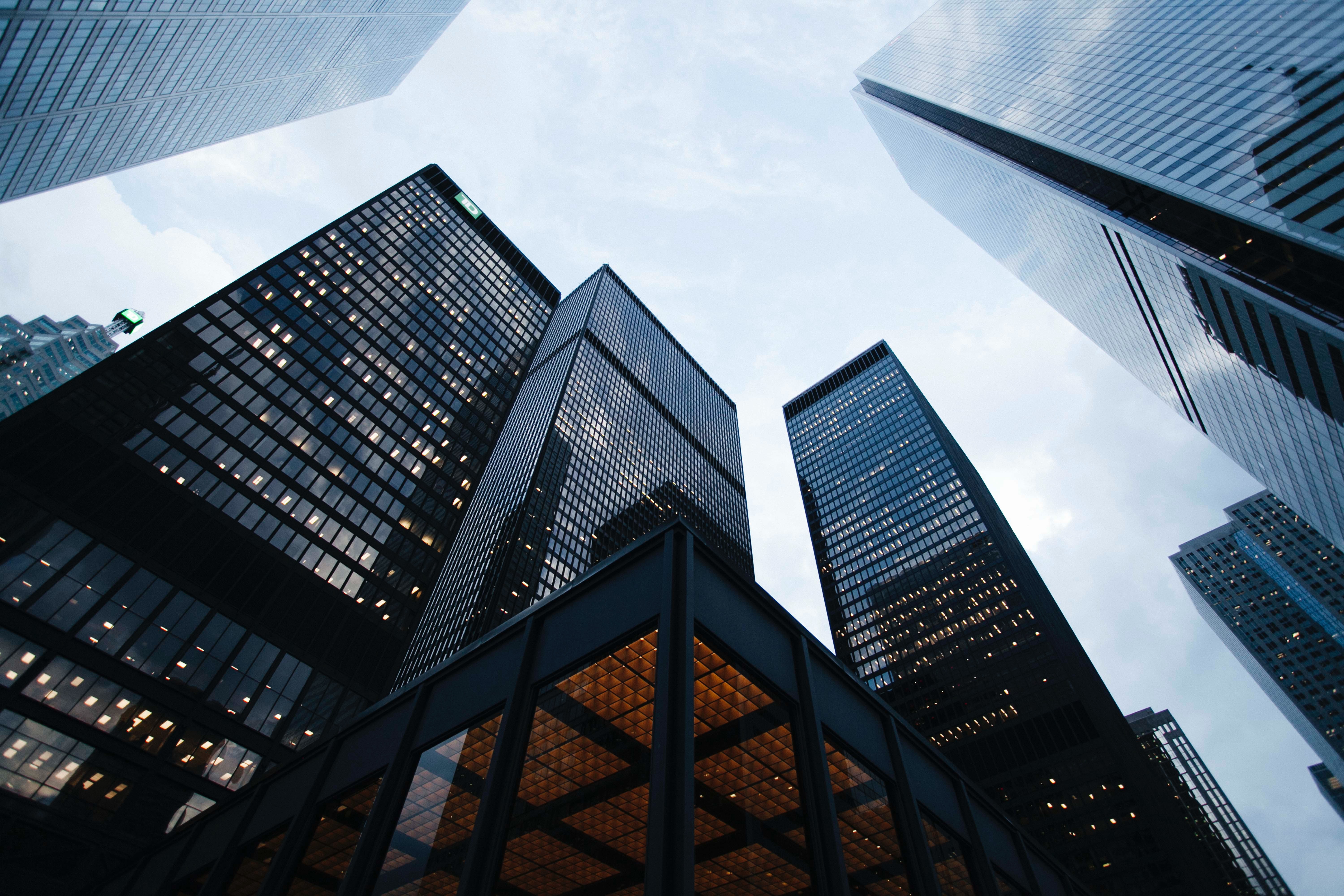
When Do You Need a Commercial Building Inspector?
A commercial building inspection can be requested for several reasons, the primary of which occurs when a buyer is looking to purchase the property. In this situation, the inspection process is the same as the one that occurs when a home is sold. The inspector will take a look at the building to make sure that the buyer understands what condition the building is in.
Once the inspection has been performed and a report created, the person looking to invest their money in the building will be able to identify if future repairs will need to be made and how much it will cost to own and maintain the building. If it appears as though several major systems in the building are about to fall into disrepair or malfunction altogether, the investor can back out of the deal or negotiate with the seller to reduce their asking price.
These inspections are also requested when a commercial building is being developed. During each stage of development, an inspection will take place to make sure that the construction that’s occurred up to that point matches the building plans and drawings that were submitted before receiving a building permit.
Hiring a commercial building inspector isn’t always necessary. You could choose to inspect the building yourself or hire an architect/engineer for the job, the latter of which is advisable if you want the inspection to focus on a specific component or system in the building.
Can a Home Inspector Inspect Commercial Buildings?
Some inspection companies will have home and commercial building inspectors on hand to ensure that every type of customer has their needs met. However, you should understand how these two professionals differ in the type of work they do. A residential home inspection involves identifying the current condition of an existing home that a potential buyer can references when deciding if the home is worth purchasing.
Even though a residential inspection is completely visual, a trained inspector can identify problems that aren’t easy to spot, which will be detailed in the report that the professional makes following the inspection. A home inspection can be completed in 1-3 hours depending on the size of the home.
Commercial buildings are much different than residential homes. Along with being considerably larger than most homes, commercial buildings are typically outfitted with more sophisticated systems. In many situations, a commercial building inspector will have a team of different professionals with specialized knowledge of the various systems in the building.
Because of how complicated these inspections can be, you can expect a commercial building inspection to take around 4-6 hours to complete. The report that’s generated from this inspection can take at least several hours to fully compile. Commercial inspections usually have the same goal as a residential inspection, which is to provide the buyer with the information they need to decide if the building is worth the investment.
It’s common for commercial building inspectors to be able to perform residential home inspections, which is largely a result of previous experience as a home inspector. However, most home inspectors don’t have the expertise or training needed to perform commercial building inspections. If you want the best results, it’s highly recommended that you hire a commercial building inspector.

How to Become a Commercial Building Inspector
Becoming a commercial building inspector takes a certain amount of education and experience. If you are looking to become a commercial building inspector in California, you can earn a California building inspector license as long as you have already obtained a GED or high school diploma. Before you can become a Certified Building Inspector, you should first gain at least five years of experience in the construction industry as well as an additional year of experience as a building inspector.
You can earn a Certified Building Inspector license with the National Fire Protection Association. You will first be tasked with passing an examination, which means that you will need to know the NFPA standards. The NFPA website contains a comprehensive list of codes and standards. Some community colleges will also offer a certification program for building inspectors that you could look into.
Along with the NFPA exam, you must also take the California Home Inspector Exam. Once you pass this exam, you will earn your license. This license will give you access to the California Real Estate Inspection Association, which you can become a member of. To become a member, you should also obtain 30 credit hours of education pertaining to real estate inspections. Even though this membership is entirely optional, it will give you an additional level of credibility as a commercial building inspector.
Conclusion
When someone is looking to purchase or invest in a commercial building, they should consider retaining the services of a commercial building inspector. This professional will be able to perform an exhaustive inspection of the building’s systems and structure to ensure that everything is in good working condition. As mentioned previously, there are several alternatives to hiring a commercial building inspector that you might want to consider. If you would like to hire someone with even more credentials, look into hiring an architect or engineer to perform the inspection.
These individuals usually have extensive backgrounds in facility management and maintenance, which can prove to be invaluable when creating a report about the inspection findings. Because of the specialized knowledge that engineers and architects offer, their fees are typically higher when compared to what you pay for a commercial building inspector. No matter who you hire, this professional should give you the information you need to determine if you should go forward with the investment.

Jason Somers, President & Founder of Crest Real Estate
With over 15 years of professional experience in the Los Angeles luxury real estate market, Jason Somers has the background, judgement and track record to provide an unparalleled level of real estate services. His widespread knowledge helps clients identify and acquire income producing properties and value-ad development opportunities.
Learn more about Jason Somers or contact us.
